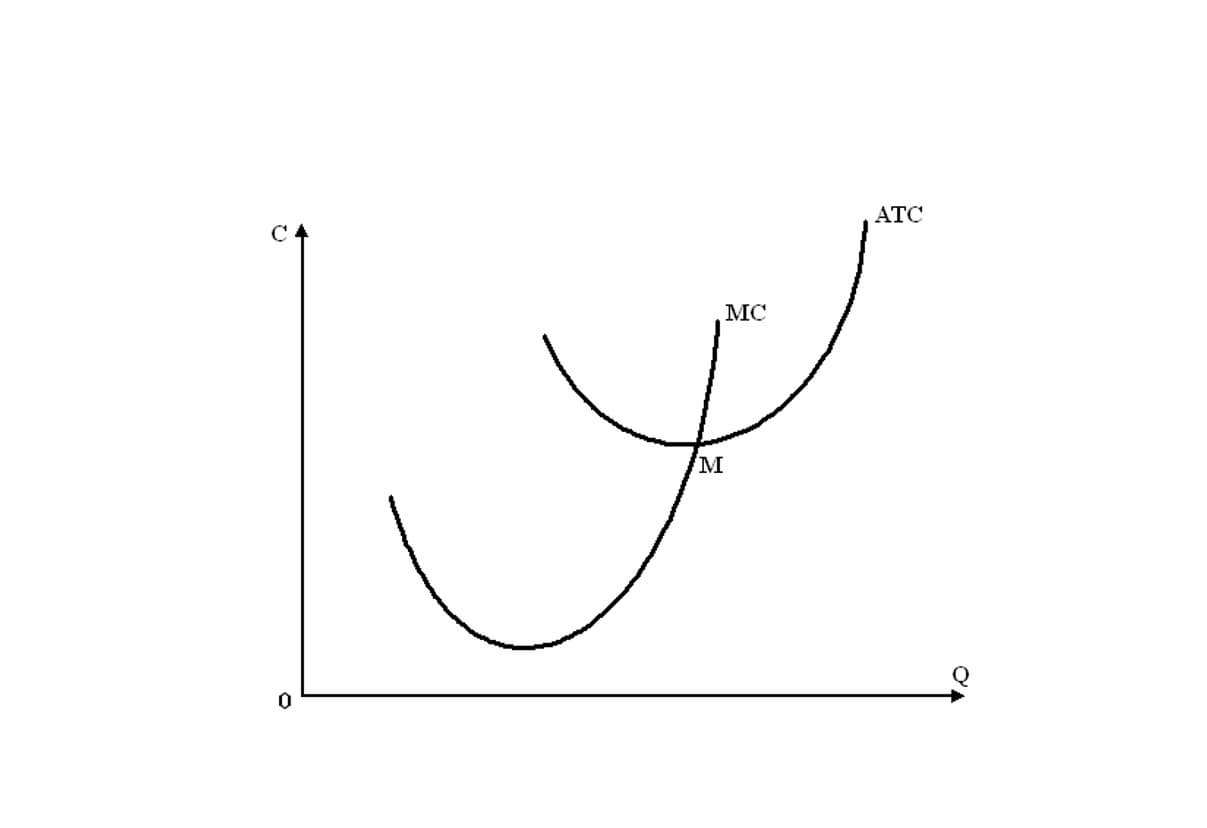
These requirements mandate an annual report to stockholders as well as an annual report to the SEC. The annual report to the SEC requires that independent certified public accountants audit a company’s financial statements, thus giving assurance that the company has followed GAAP. On the other hand, International Financial Reporting Standards (IFRS) is a set of accounting standards stating how particular types of transactions and other events should be reported in financial statements. IFRS are issued by the International Accounting Standards Board (IASB).[2] With IFRS becoming more widespread on the international scene, consistency in financial reporting has become more prevalent between global organizations. Financial statements, such as the income statement, balance sheet, and cash flow statement, provide a comprehensive view of a company’s financial health.
The transaction is recorded as a debit to cash and a credit to unearned revenue, a liability account. When the company earns the revenue next month, it clears the unearned revenue credit and records actual revenue, erasing the debt to cash. Fiduciary accounting is a type of accounting that deals with the financial transactions of an estate or a trust.
Statement of Retained Earnings
Financial accounting focuses on the reporting processes used to convey information to important stakeholders, including many outside reviewers. Accountants responsible for financial accounting focus on long-term financial strategies related to organizational growth. Additionally, since these documents are legally required they must be prepared in ways that comply with industry standards. For example, imagine a company receives a $1,000 payment for a consulting job to be completed next month. Under accrual accounting, the company is not allowed to recognize the $1,000 as revenue, as it has technically not yet performed the work and earned the income.
The FASB and IASB have several initiatives to help bring the standards closer together. It’s a system for measuring, recording, and conveying information about business results in a standardized way. Consider the level of detail we want to use when deciding on a factory expansion. We may want to know how much the total cost of land and construction but not concern ourselves with the costs of the door handles. We can imagine a conductor directing when each musician plays (a financial transaction or economic event) to orchestrate an experience that exceeds that of individual sounds. Visit our topic Accounting Careers to learn more about the scope and variety of accounting opportunities.
Financial Accounting vs. Managerial Accounting
But whatever accounting type you choose, using accounting software helps you automate bookkeeping, keep track of transactions, and make your and your accountant’s work more effortless and efficient. Accounting information systems (AIS) use technology to collect, track, and store financial activity for accountants to use. This system allows businesses to automate accounting and create more accurate reports. There are many other well-known types of accounting not included in in the scope of financial accounting. These specialized types have different objectives, users, and specific guidelines other than, or in addition to, GAAP.
The accounting term that means an entry will be made on the left side of an account. There are also different types of audits that can happen, including compliance, tax, and investigative audits. International companies follow International Financial Reporting Standards (IFRS), which is similar to GAAP in many ways but not all.
What is Financial Accounting?
In the example above, the consulting firm would have recorded $1,000 of consulting revenue when it received the payment. Even though it won’t actually perform the work until the next month, the cash method calls for revenue to be recognized when cash is received. When the company does the work in the following month, no journal entry is recorded, because the transaction will have been recorded in full the prior month.
Financial accounting is just one branch of accounting, used primarily to report information to parties outside of the company, such as external stakeholders. Its balance sheet reveals the assets, such as the factory and machinery, liabilities, such as payables and loans, and invested capital from the owner and accumulated equity. Follow us on a journey into the mechanics of the financial accounting process, exploring its inner workings and crucial role in presenting a company’s financial story to the world. At the heart of financial accounting is the system known as double-entry bookkeeping (or “double entry accounting”).
What Is Financial Accounting and Why Is It Important?
GAAP compliance is an essential part of keeping financial accounting practices standardized, thereby increasing its reliability and comparability across organizations – like how language forms a structured method of communication. All transactions for a period are summarized and reported in financial statements. Classification, report formats, and other conventions are applied to ensure that each of the financial statements meets GAAP requirements and can be trusted by external readers. Financial accounting aims to objectively and accurately communicate a company’s financial results to internal and external readers via financial statements.

Financial accounting focuses on keeping track of all financial transactions and preparing financial statements. Financial accounting is a type of accounting that records, analyzes, and summarizes business financial transactions. Financial accountants create financial statements and provide information about your business’s financial health and performance to investors, customers, and creditors. Suppliers may review financial accounting is often referred to as a the company’s basic financial statements to ensure their accounts payable can be paid within an agreed-upon period of time. Financial accounting is like a GPS that guides users through the land of finance. It’s a systematic process of recording, categorizing, and communicating summaries of the company’s financial transactions and performance to external users, such as creditors, investors, and regulators.

